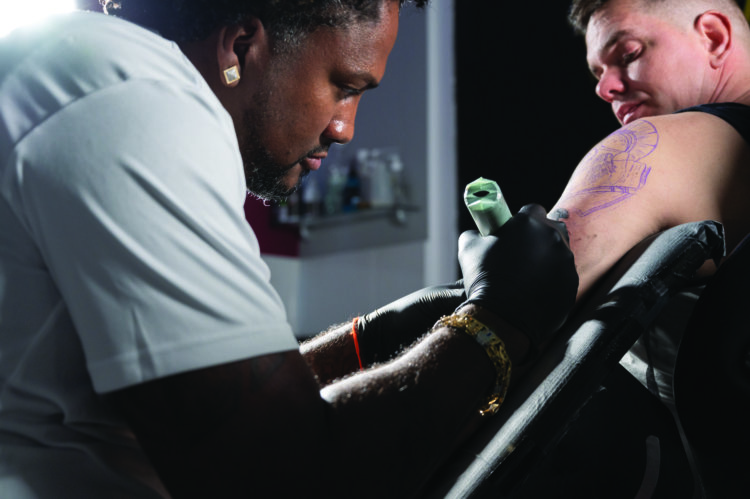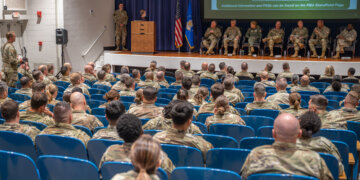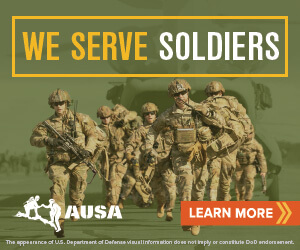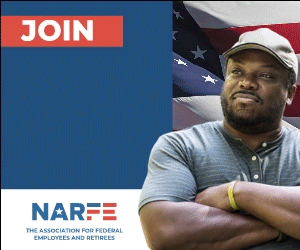Congressional Budget Office projections put payments for the Post-9/11 G.I. Bill at more than $10 million in fiscal year 2023. That in mind, service members can consider education beyond traditional post-secondary institutions, and possibly build a civilian career in industries like woodworking, body modification and more.
Here’s a look at six options that are off the beaten path:
Woodworking
Those looking to carve out a niche in woodworking can do so at several institutes and schools that specialize in the craft. The Center for Furniture Craftsmanship, Vermont Woodworking School, the Port Townsend School of Woodworking and the Sam Beauford Woodworking Institute are just a few available options. Careers vary from cabinetmakers and bench carpenters to furniture finishers and woodworking machine setters, operators and tenders. Employment in the industry is expected to grow 3% between 2021 and 2031, according to Bureau of Labor Statistics data.
Tattooing
Nearly 30,000 tattoo artists are employed in the U.S., according to an IBIS World industry report published in 2021, and the industry is only expected to grow. In 2022 alone, the market size was projected to increase more than 5%. The Florida Tattoo Academy – which falls under the state’s department of education – is a VA-approved tattoo school. Individual shops that offer apprenticeships also can qualify, like Body Art & Soul Tattoos, which has locations in Brooklyn, New York; Los Angeles, California; New Haven, Connecticut; Philadelphia, Pennsylvania; and Tampa, Florida.
Foreign program approval
Those interested in pursuing their education abroad can do so if they meet the following criteria:
- Eligible for, or already receive, VA education assistance;
- The program is VA approved;
- Completion of the program is at a higher-learning institution where students earn a standard associate degree or higher, or a degree of equal value at the school.
Benefits include funds for schooling and housing. However, not all schools have been approved through VA. Visit VA’s website to determine if the program has been approved.
Barbers and beauticians
To stay a cut above, consider attending a vocational school for cosmetology. Buckner Barber School in Dallas, Texas; Southern Careers Institute; and the American College of Barbering are among the institutions accepting the VA benefit to cover tuition costs. However, as with other schooling options, the length of service can determine the financial assistance from VA. More eligibility information can be found at VA’s website.
Automotive technician
The Bureau of Labor Statistics projects little to no change in the automotive service technician and mechanic job outlook through 2031. Still, trade schools like the Universal Technical Institute with its 16 locations nationwide, are Post-9/11 G.I. Bill applicable. The Automotive Dealership Institute also falls under the VA program’s eligibility. The National Institute for Automotive Service Excellence offers testing and certification. Some car dealerships also offer apprenticeships to those who have completed trade school or college programs in the field.
Landscape designer
With a market size of more than $105 billion, according to the IBIS World Landscaping Services Industry Report, landscape design is a veritable industry for veterans and service members. Institutions like the Conway School of Landscape Design accept the Post-9/11 G.I. Bill and also participate in the Yellow Ribbon G.I. Bill Education Enhancement Program and the Edith Nourse Rogers STEM Scholarship. The Association of Professional Landscape Designers provides additional certification, though it’s unclear if military-related financial assistance is accepted.
Read comments






























